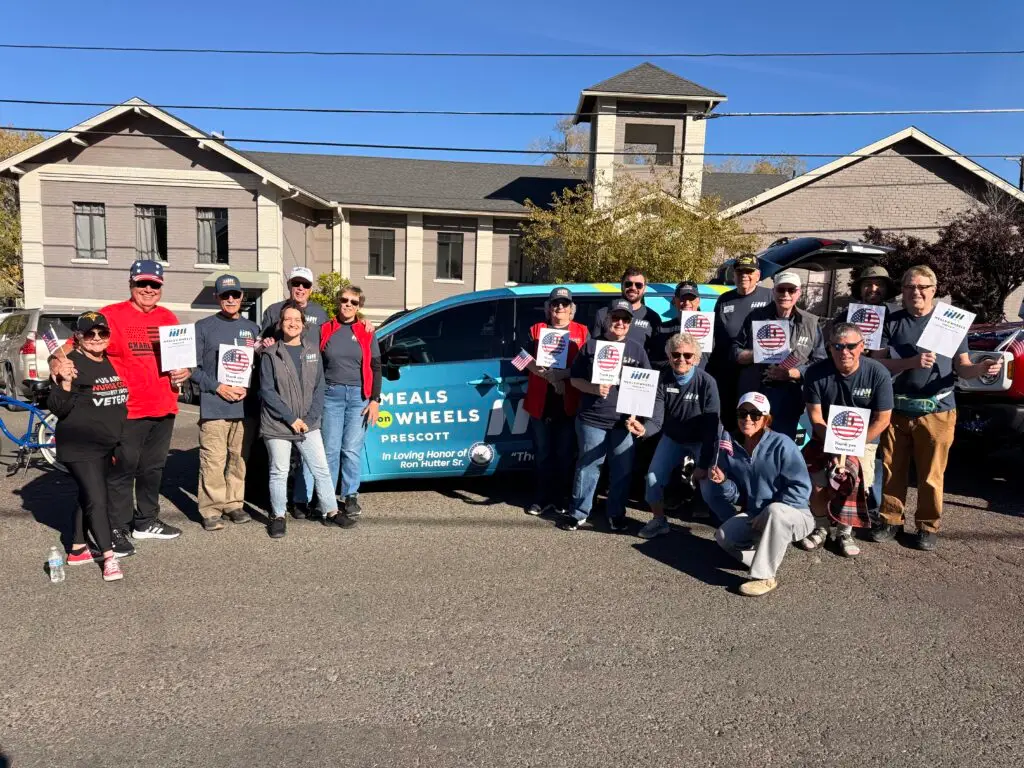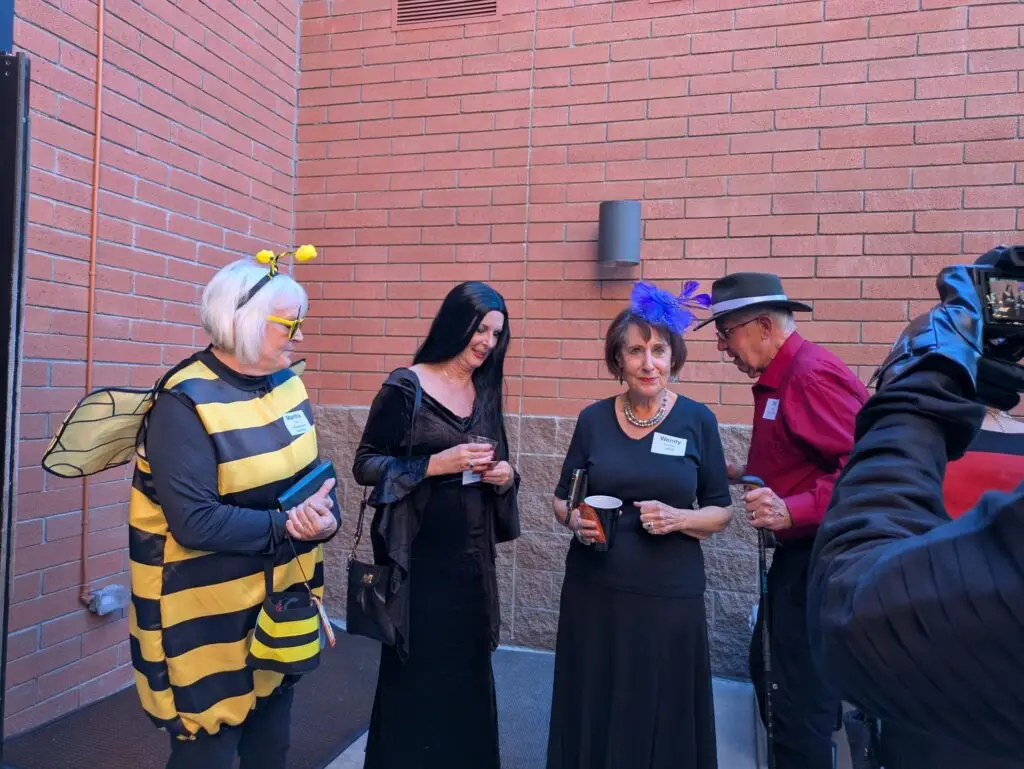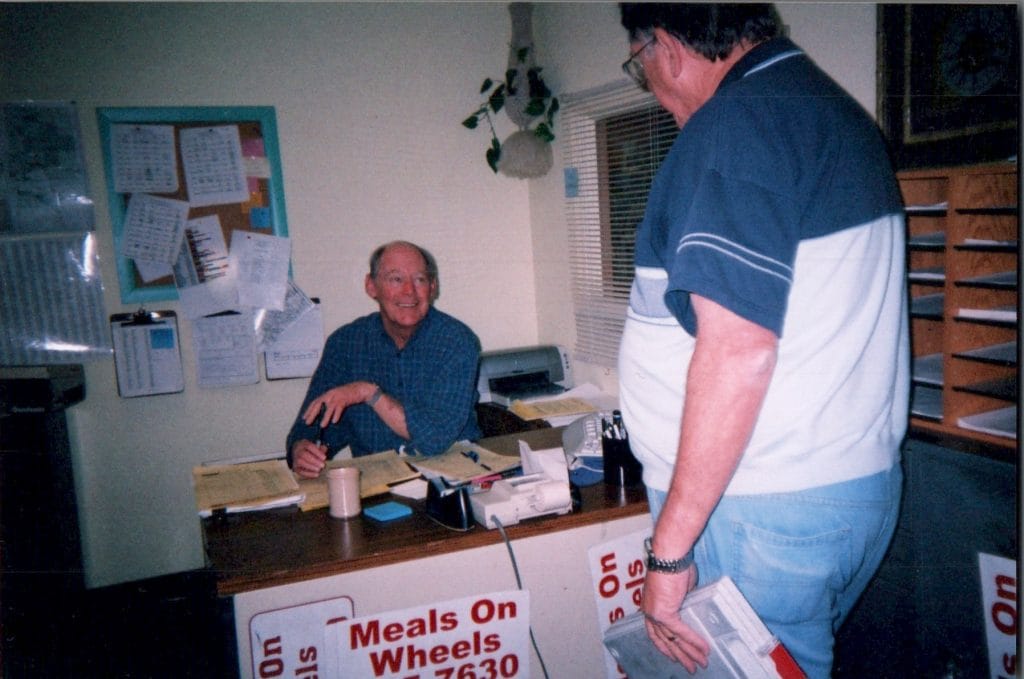Several of our recent gifts have come from donors’ Required Minimum Distributions. This simple giving option has been a game changer in helping us serve more neighbors in need.
For many retirees, a Required Minimum Distribution (RMD) from an IRA or other retirement account is just another line item on the annual tax checklist. But did you know that directing your RMD to charity can transform a tax obligation into a powerful gift for your community?
What Is an RMD?
Once you reach a certain age (currently 73 under federal law), the IRS requires you to withdraw a minimum amount each year from your traditional IRA or other tax-deferred retirement accounts. These withdrawals are counted as taxable income. For many retirees, this can push them into a higher tax bracket or increase the taxes owed on Social Security and Medicare.
Turning a Requirement Into Impact
Instead of taking the RMD as taxable income, you can make a Qualified Charitable Distribution (QCD)—directly transferring up to $100,000 per year from your IRA to a qualified nonprofit. This option satisfies your RMD requirement without adding to your taxable income.
Key Benefits of Donating Your RMD
- Reduce Your Tax Burden
A QCD lowers your adjusted gross income (AGI), which can help you avoid higher Medicare premiums, reduce the tax on Social Security benefits, and keep you out of a higher tax bracket.
- Maximize Your Giving Power
By donating your RMD directly, you avoid paying income tax on that money—meaning the entire amount goes straight to the cause you care about, rather than being reduced by taxes first.
- Support Causes Close to Home
Your gift can help organizations like Prescott Meals on Wheels provide nutritious meals, companionship, and hope to homebound seniors and neighbors in need. What might otherwise feel like an IRS obligation becomes an act of generosity that changes lives.
- Simple and Direct
The process is straightforward: you contact your IRA custodian and request that your RMD (or part of it) be transferred directly to the charity. There’s no need for complex forms or itemizing deductions.
- Leave a Legacy of Care
For many donors, giving from an RMD becomes a way of continuing a lifetime of generosity. It’s not just about reducing taxes—it’s about ensuring that the values you’ve lived by continue to benefit others.
A Win-Win for You and Your Community
Donating your RMD is a strategy that helps you meet IRS requirements, reduce your taxable income, and make a tangible difference. For charities, these gifts are often a lifeline—providing the steady support needed to deliver essential services day after day.
👉 Tip: If you’re considering this option, talk with your financial advisor or IRA custodian to make sure the transfer is set up correctly.







